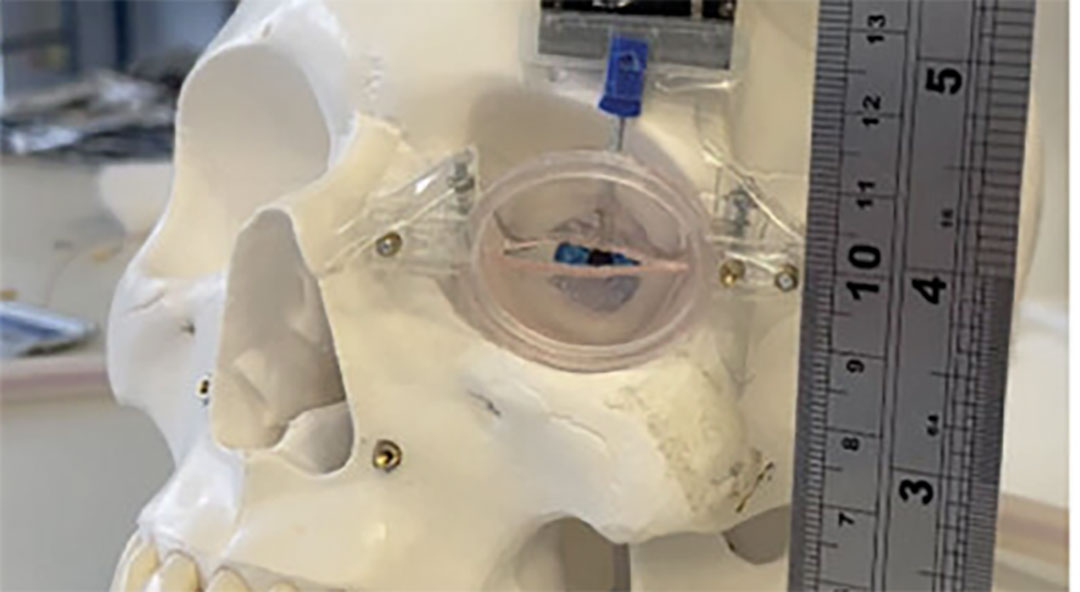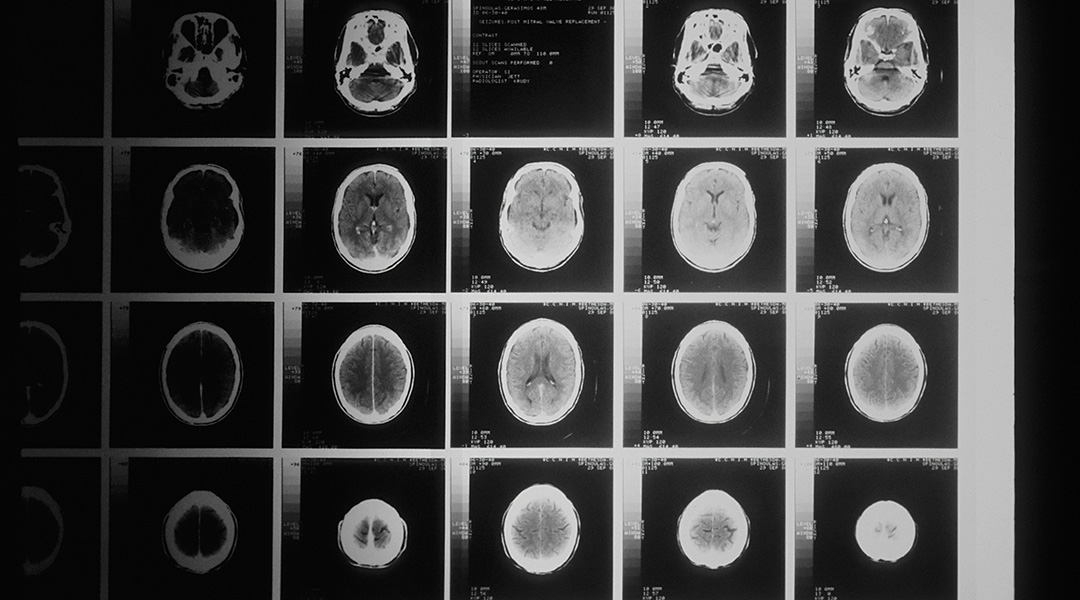The effects of aging on the human brain could be slowed down with the help of artificial intelligence.


The effects of aging on the human brain could be slowed down with the help of artificial intelligence.

A soft implant could avoid multiple surgeries and long waiting times while improving the living conditions of facial paralysis sufferers.

Once disruptive, phonons now improve quantum dots’ behavior, making them more reliable for quantum communication and cryptography.

Inhaled xenon gas reduced neuroinflammation, brain atrophy, and boosted protective neurons in mouse models of Alzheimer’s.

Scientists find predator-prey-like interactions in spinning particles, challenging physics and opening doors for quantum tech.

Scientists are using crystal imperfections to generate secure encryption, paving the way for quantum-resilient data protection.

Scientists create designs for quantum batteries, which harness the potential of quantum mechanics to enhance energy storage.

A neural network was able to evaluate connections between brain structure and clinical data to predict psychiatric disorders in youth.

Lab-made model of human blood vessels provides accurate insights into effects of snake venom and could help develop new antivenoms.

Machine learning unveils the ideal structure of a quantum memristor, which could one day surpass current computing systems.